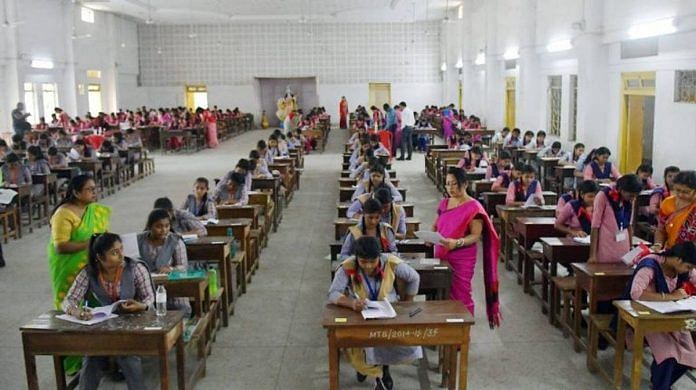Common University Entrance Test (CUET) was introduced in 2021 for admissions to undergraduate courses in all central universities. It is a test that is supposed to give everyone a chance to study in their dream colleges regardless of not meeting the pre-existing sky-high cut-offs.
CUET is meant to aid everyone, especially those from rural, underprivileged, and marginalised backgrounds, who had earlier never had the facilities to apply for elite central universities. While the intention is noble, the first major stress factor of having this alongside your boards is that there will be additional preparations and examinations for the students. It will also be additional pressure for many who come from non-CBSE backgrounds since the patterns are somewhat similar. In addition, disadvantages for humanities and theory-based subjects since the paper is not subjective but rather objective, which makes it very mechanical and puts a lot at stake.
Coaching industry and CUET
The coaching system is making the exam ableist and privileged, the exact thing this test did not be. Coaching for CUET is expensive, and the claims of making the applicants crack the exam in 30 or 60 days make getting into coaching classes itself a competitive exam. It also adds to the burden of those preparing for CUET.
Those who cannot avail these coaching institutions might fall behind in preparation. Along with this, it only furthers the disadvantage of people who are from rural areas and towns since these coaching institutions are present more in urban cities and towns.
India needs measures to ensure CUET follows what it was created for, and results in a more egalitarian space of competition.
The author is a student at Ramjas College, University of Delhi. Views are personal




